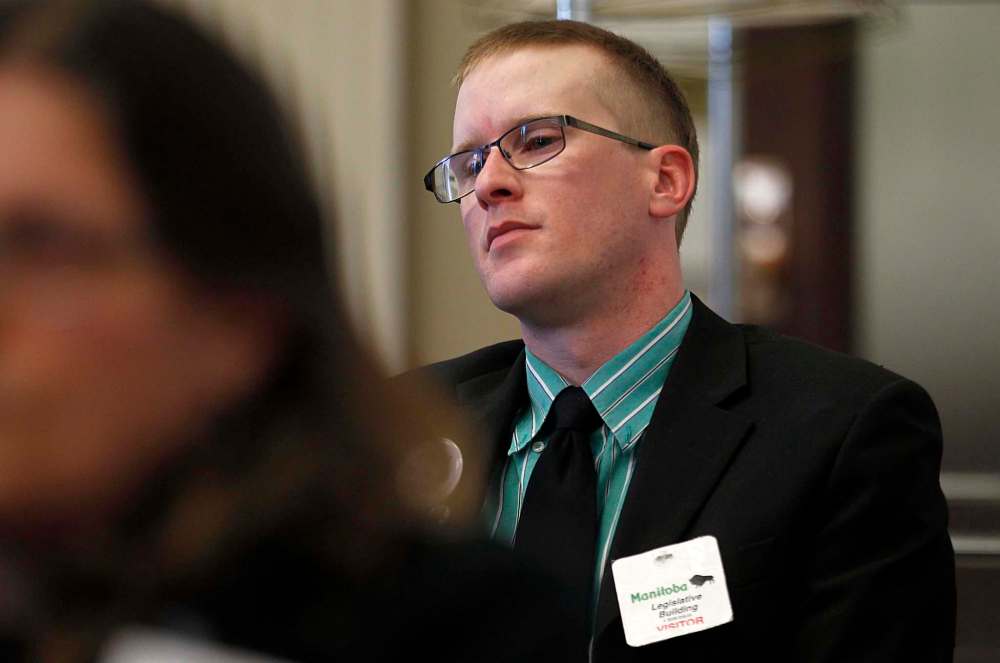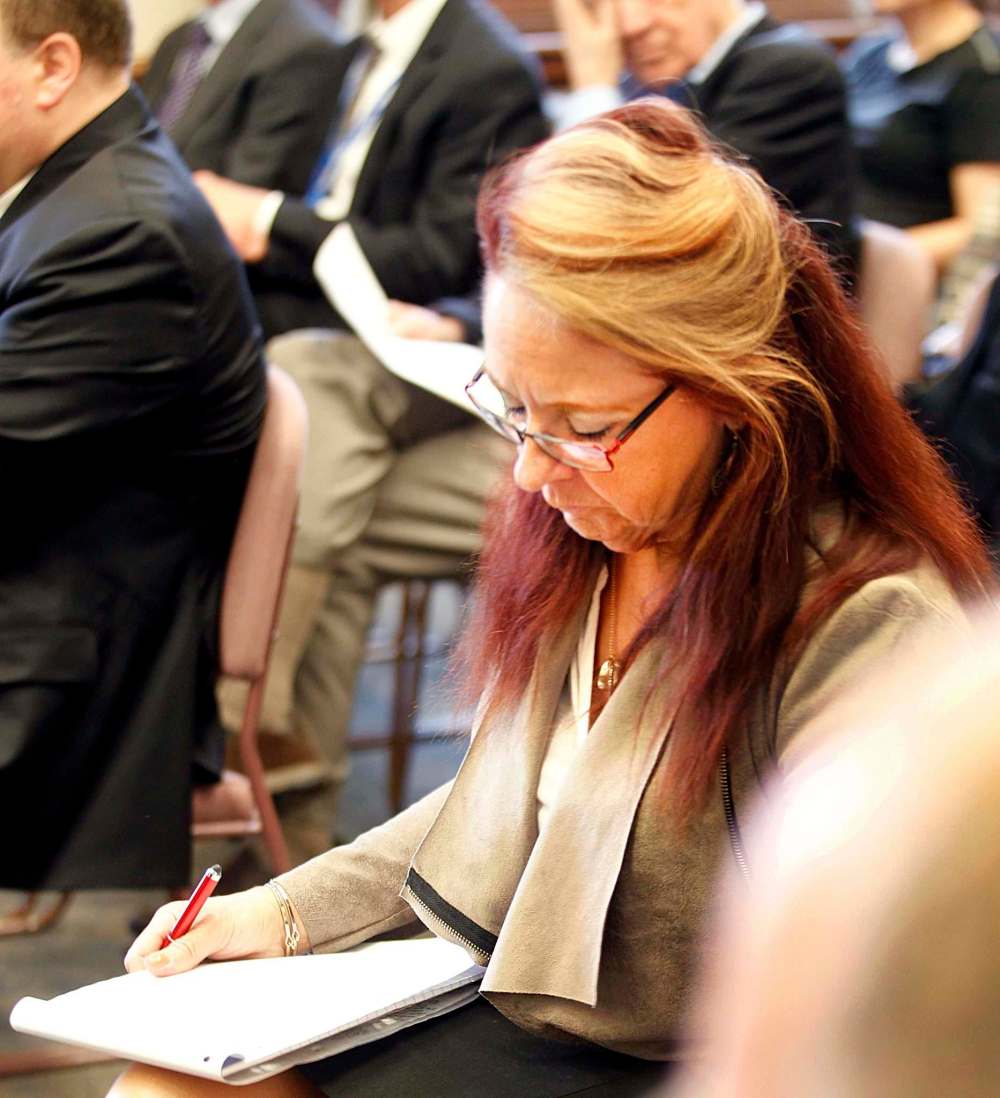Labour advocates, pot activists at odds over business model
Advertisement
Read this article for free:
or
Already have an account? Log in here »
To continue reading, please subscribe:
Monthly Digital Subscription
$0 for the first 4 weeks*
- Enjoy unlimited reading on winnipegfreepress.com
- Read the E-Edition, our digital replica newspaper
- Access News Break, our award-winning app
- Play interactive puzzles
*No charge for 4 weeks then price increases to the regular rate of $19.00 plus GST every four weeks. Offer available to new and qualified returning subscribers only. Cancel any time.
Monthly Digital Subscription
$4.75/week*
- Enjoy unlimited reading on winnipegfreepress.com
- Read the E-Edition, our digital replica newspaper
- Access News Break, our award-winning app
- Play interactive puzzles
*Billed as $19 plus GST every four weeks. Cancel any time.
To continue reading, please subscribe:
Add Free Press access to your Brandon Sun subscription for only an additional
$1 for the first 4 weeks*
*Your next subscription payment will increase by $1.00 and you will be charged $16.99 plus GST for four weeks. After four weeks, your payment will increase to $23.99 plus GST every four weeks.
Read unlimited articles for free today:
or
Already have an account? Log in here »
Hey there, time traveller!
This article was published 16/05/2017 (3095 days ago), so information in it may no longer be current.
When marijuana is legalized in Canada, it should be sold in standalone publicly operated stores, the head of the Manitoba Government and General Employees Union (MGEU) says.
Michelle Gawronsky said the union believes that Manitoba Liquor and Lotteries Corp. should be responsible for selling cannabis products, but that marijuana not be marketed in booze stores.
“You don’t want to be selling the two together. You want to be socially responsible. That’s the whole idea here,” she said following a public hearing on Bill 25, The Cannabis Harm Protection Act.

The MGEU represents more than 40,000 workers, including those who staff government-operated liquor stores.
The Pallister government has yet to announce whether cannabis products will be sold in private outlets or in public ones or a combination of the two.
The MGEU said the province stands to lose revenue if it opts for a private system. It calculates that the government could earn $25 million in the first year of legalized cannabis sales from taxes alone — if it charged the same rate as in the state of Colorado.
The federal government has set July 1, 2018 as the date for legalizing marijuana. It has given the provinces discretion over the price of the drug and how it is distributed and sold.
Bill 25 is Manitoba’s first step to set down some guidelines. The bill, when passed and proclaimed, will amend seven provincial laws, including the Highway Traffic Act. It will make it illegal to smoke pot in a public space or an indoor workplace and forbid the consumption of marijuana inside a vehicle travelling on a street or road.
It will allow for 24-hour licence suspensions if a police officer believes a driver is under the influence of the drug and unable to operate a vehicle safely. Users will have to store cannabis in a secure compartment, such as a car’s trunk, so that it is inaccessible to people riding in a vehicle — similar to the rules governing liquor.
Gawronsky said the union is pleased that the government introduced Bill 25 to ensure that public safety is emphasized.
But there are fundamental safety concerns the bill doesn’t address, she told MLAs.
“If the government truly wants to ensure social responsibility it has to implement a public model for the sale and distribution of this controlled substance,” she said.
“Our members who work for Manitoba Liquor and Lotteries are experts in the regulation and sale of liquor, a controlled substance, within a public system.”
Steven Stairs, a Winnipeg-based marijuana advocate and longtime president of the Winnipeg 4/20 organizing committee, disagreed with the creation of publicly operated cannabis stores, citing high start-up costs and questioning whether it would eliminate the black market for the product.

“Those people should have a place in the legal cannabis market,” he said of current suppliers. “Because if not, they are going to feel left out and they’re still probably going to have customers.”
However, Stairs said his main concern with the bill is that it does not take the needs of medical marijuana users into account.
He said for many, it is not practical for them to keep the product in a car’s trunk, for instance.
An amendment to the Public Schools Act as part of the bill would ensure that students using, possessing or being under the influence of marijuana while at school could continue to face disciplinary measures.
Stairs said that’s not fair.
“Let’s say I’m a medical cannabis user but I’m a teenager in high school. I can get kicked out of high school (for possessing cannabis),” he said.
larry.kusch@freepress.mb.ca

